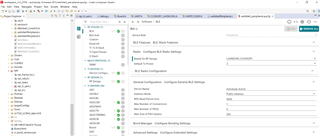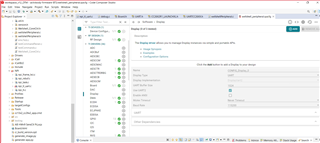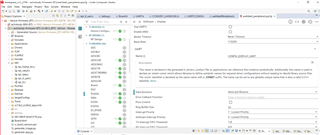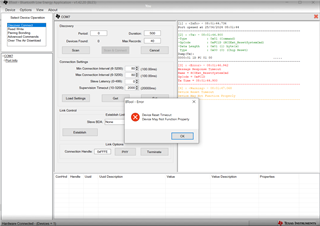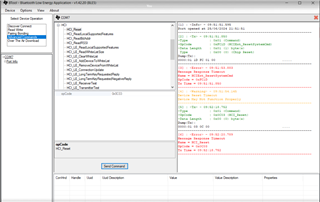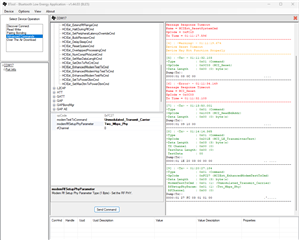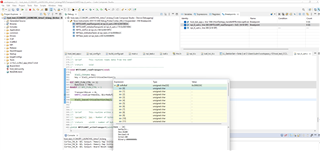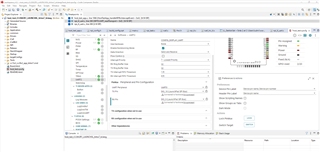Other Parts Discussed in Thread: SYSCONFIG, UNIFLASH
Tool/software:
Hi Clément, or other TI support guru,
I am trying to use DTM mode by selecting PTM in sysconfig, and including the NPI files in the build (attached screenshot below):
During the build I get an undefined symbol CONFIG_DISPLAY_UART in the TI file npi_tl_uart.c , line 163:
uartHandle = UART_open(CONFIG_DISPLAY_UART, ¶ms);
I can resolve the undefined symbol CONFIG_DISPLAY_UART by changing this TI .c file npi_tl_uart.c: use directly index 0 (UART0) as the first UART_open() actual parameter.
I am trying to find a better solution. I could not find an include file for the above undefined symbol. Also: I do not want to change a TI file in principle.


